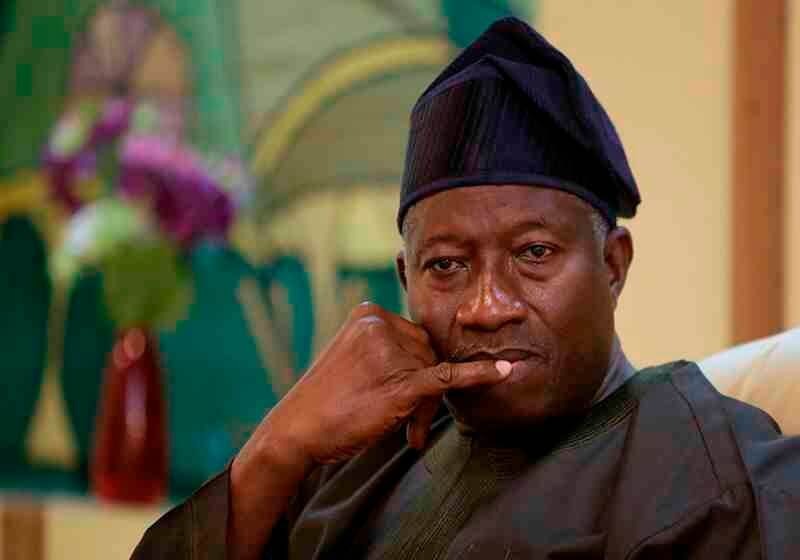Ex-President Jonathan Proposes Public ‘Hall of Shame’ for Troubling Leaders
 Former President Goodluck Jonathan has suggested an unusual but striking idea: Nigeria should establish two buildings in Abuja to showcase the photographs of individuals who have played a negative role in the country’s history. He believes that such a move would ensure that future generations recognize the detrimental impact their forebears had on Nigeria’s development.
Former President Goodluck Jonathan has suggested an unusual but striking idea: Nigeria should establish two buildings in Abuja to showcase the photographs of individuals who have played a negative role in the country’s history. He believes that such a move would ensure that future generations recognize the detrimental impact their forebears had on Nigeria’s development.
Speaking at the book launch of former Inspector General of Police, Solomon Arase, in Abuja on Tuesday, Jonathan took aim at the Nigerian public’s tendency to tolerate unethical behavior from political leaders. He expressed hope that one day, Nigerians would no longer celebrate the wrong things, and that as a nation, they would reject corruption and poor governance.
“We, Nigerians, celebrate the wrong thing. And I believe one day, the country will get to the level where people will reject bad behavior. And when we get to the level that we reject bad behavior, this issue will not happen again,” he said. “Maybe one day, we will have two big buildings in Abuja where we will put pictures of people — whether dead or alive — who have messed up this country so that their grandchildren will know their forefathers were part of Nigeria’s problems.”
Jonathan also expressed strong opposition to the involvement of military personnel in election duties, arguing that it places undue strain on the armed forces. He advocated for elections to be managed primarily by the police and the Independent National Electoral Commission (INEC), rather than by the military.
“Having been the President of this country before, when you talk about internal security, it’s an area that touches my heart. And especially when you talk about election security, again, it’s an area that touches my heart. One gets worried when it comes to Nigerian elections,” he shared.
Jonathan contrasted Nigeria’s election security with that of countries like Botswana and Senegal, where military involvement is kept to a minimum. In Botswana, for example, the police handle election security, while the military focuses on securing government facilities. Similarly, in Senegal, police officers manage polling stations, stepping in only when absolutely necessary.
“I just came back from Botswana some months back during the election. It’s a very small country with a small population, so almost all the police officers were used for the election,” he noted. “What the military does is take over the regular duties of the police, including securing the police headquarters.”
Peter Obi, the 2023 Labour Party presidential candidate, also weighed in during the event, emphasizing that the credibility of elections hinges on the integrity of those in charge. Obi shared how, during his second term as governor, he ensured a free and fair election with Jonathan’s support, despite attempts by the ruling PDP to interfere in his state’s electoral process.
“I have experienced a free and fair election. During my second tenure as governor under President Jonathan, I approached him and said, ‘Mr. President, I don’t want a single vote that doesn’t belong to me. Let the election be free and fair,’” Obi recounted.
Obi went on to recall a time when PDP members tried to disrupt the election process in his state. He called Jonathan, who swiftly intervened and ensured that the unwanted interference was halted.
“If we want to talk about security, when we stop stealing as public officers, all these criminals equally learn from us and even policemen will do their work better. Election policing is easy if we have people who are not ready to manipulate the elections,” Obi concluded, adding that fighting corruption in public office would lead to better election management and security overall.













